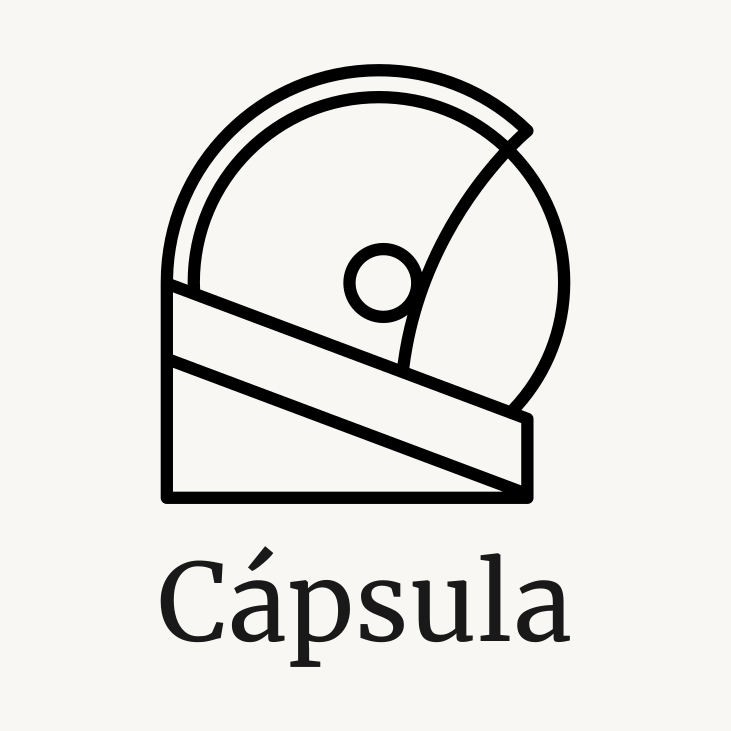Felix Stalder ha publicado en la lista de correo Nettime un resumen de la conferencia Economies of the Commons, que ayudó a organizar. Me parece interesante por cómo separa en dos grupos los repositorios culturales digitales:
- Por un lado, los representantes de grandes archivos audiovisuales europeos, financiados con fondos de la UE. Poseen miles de horas y cientos de millones de euros de presupuesto y al ser entidades gubernamentales, juegan dentro de los márgenes del copyright:
So, a good deal of each of their presentations was devoted to what they could not do and how digitizing the material does not make it more accessible. In the case of the Swedish archive, you still need to come to their building in downtown Stockholm to watch the tapes (ups, these are files now). Before making the material available online, they need to get permission, which is close to impossible, either because it’s hard to track down so many rights holders (and heirs of rights holders), or, in case of commercial producers, they do not see any value in free public access and so refuse to grant permission.
(…)
In short, it became abundantly clear that, no matter how much money you have, the attempt to solve all the legal issues first and only then start to release the material is doomed to failure. Digitization plus strict adherence to the law will not create digital archives but copyright dungeons. - Por otro, proyectos que trabajan con material de dominio público o que ignoran el copyright, como Ubuweb, que opera con un presupuesto mensual de 50$. Estos se mantienen a flote sobre todo gracias a la fuerza corporativa (Google, en el caso de Youtube) o la desobediencia civil (en el caso de The Pirate Bay).
Para Felix, ambos grupos, sobre todo el segundo, irán cambiando con el tiempo. Las zonas grises del copyright, como las llama Felix Stalder, no seguirán siendo grises siempre. Youtube, una vez adquirida una posición de fuerza, acordará reglas con las que jugar, y desde hace años proyectos nacidos del P2P han venido siendo domesticados: Napster, Bittorrent…
However, it seems equally safe to predict that the new framework will look considerably different from what it is now, reshaped by the sheer force of social reality. But by then, the official cultural repositories will have wasted a huge amount of money by building systems of restriction and a generation of culturally-interested citizens will have learned to look elsewhere to find the material they care about.
This is already the case.
(…)
The point is not that you can do everything for free, but getting rid of the crippling overhead of copyright creates tremendous freedom and energies to create resources that people actually like and use.
